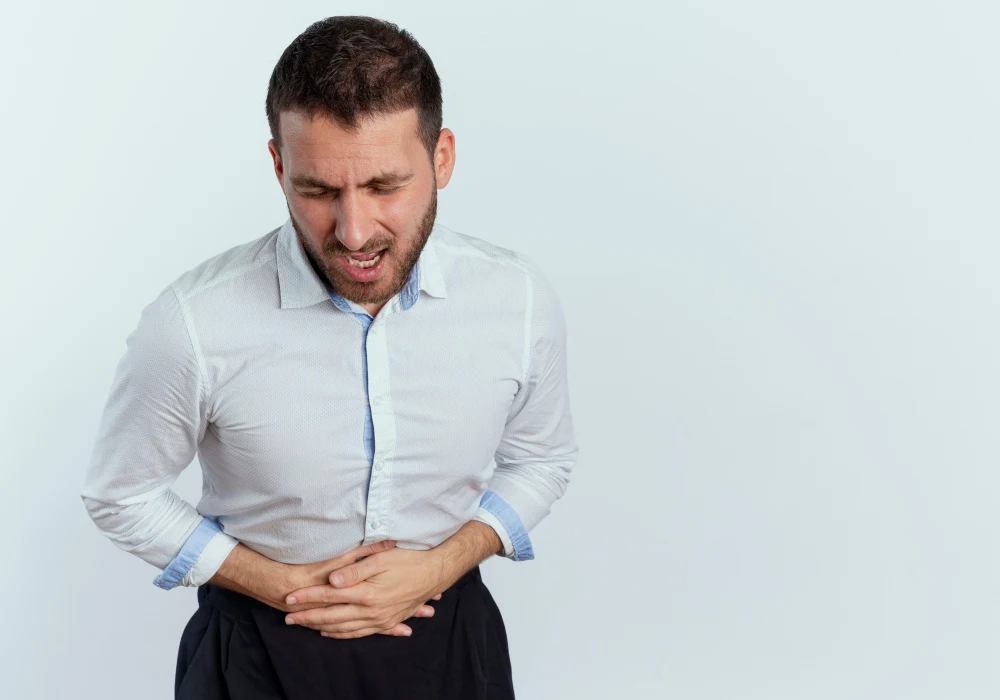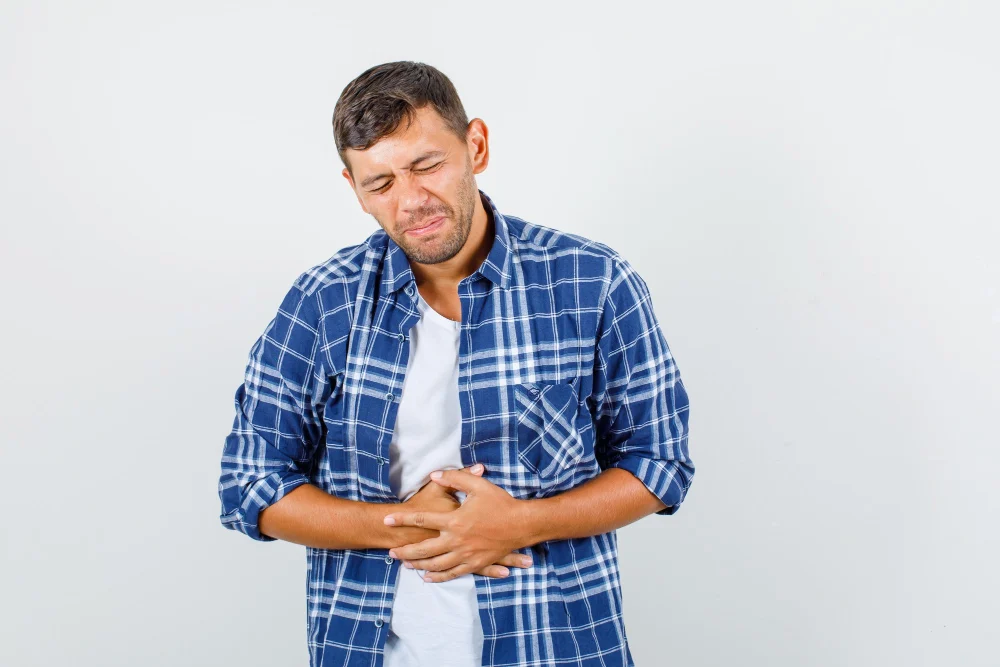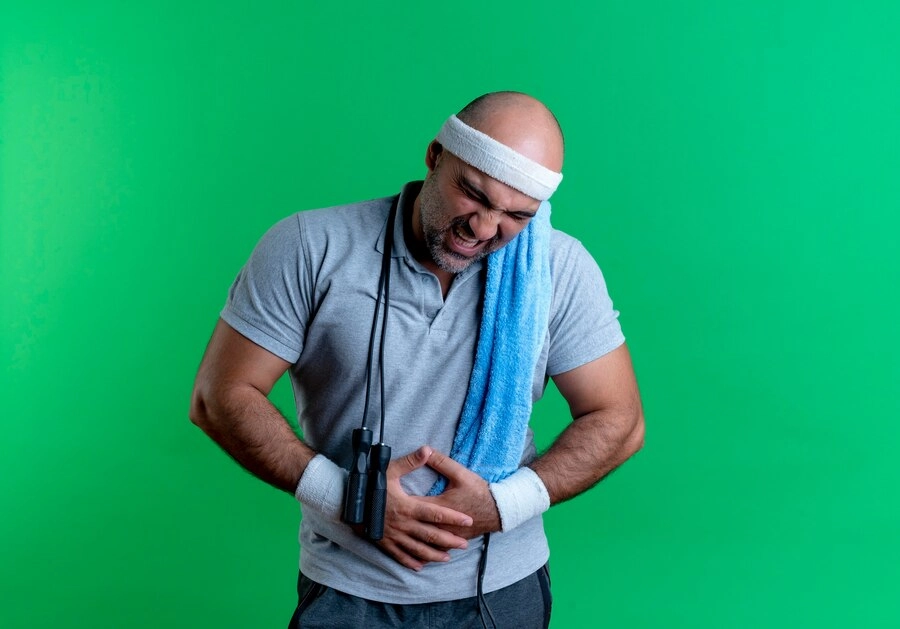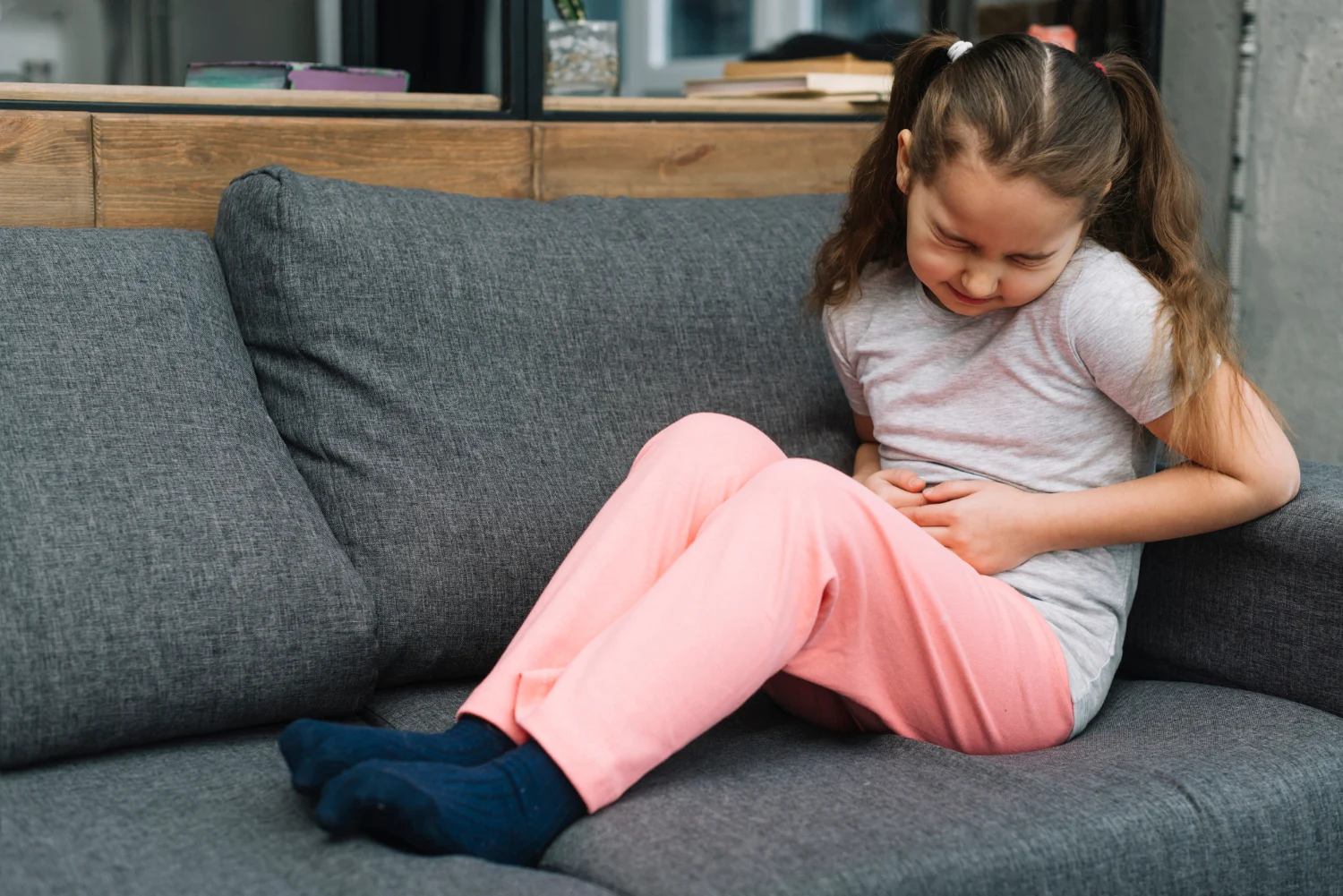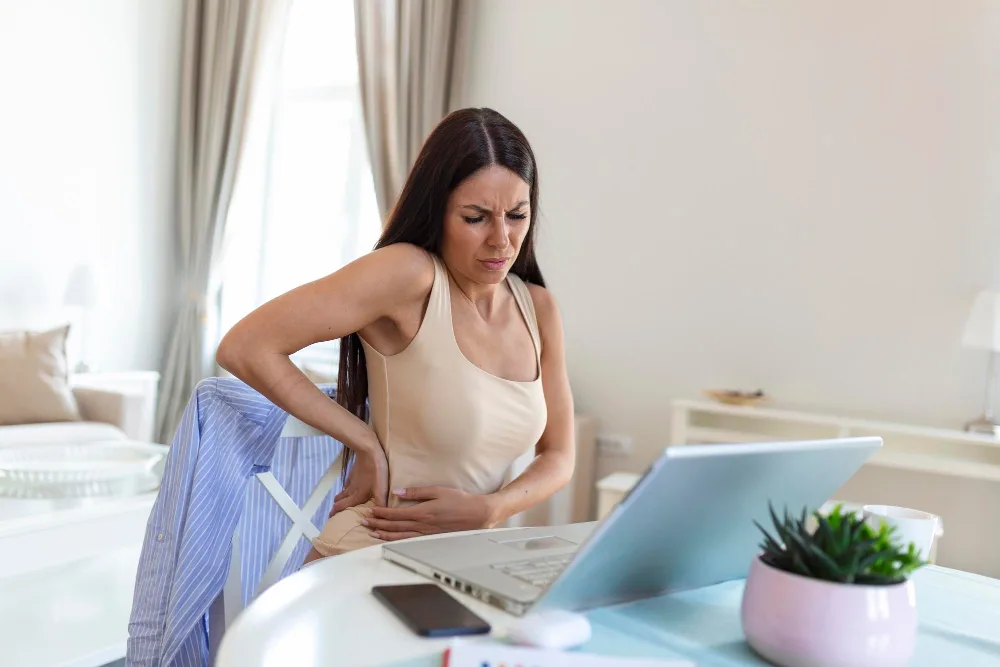Do Piles Go Away on Their Own?
Category: General Surgery
Piles, also known as hemorrhoids, are swollen veins in the rectum or anus that cause discomfort, itching, and occasional bleeding. They can develop due to constipation, prolonged sitting, or excessive straining during bowel movements. While many people experience mild symptoms that resolve naturally, others may face persistent or painful cases that require medical care.
At Lokmanya Hospital, we understand that piles can be both physically and emotionally distressing. Our specialists focus on accurate diagnosis, advanced treatment options, and patient education to ensure complete relief and prevention of recurrence. Whether your condition requires home management or a minimally invasive procedure, Lokmanya Hospital provides comprehensive care tailored to your needs.
Do Piles Go Away Without Treatment?
In many cases, mild piles can go away on their own with lifestyle changes, a balanced diet, and proper hydration. When pressure on the anal veins reduces, inflammation and swelling tend to subside naturally. However, this depends on the severity of the hemorrhoids and how well one manages bowel habits.
For example, grade 1 hemorrhoids (minor swelling inside the anal canal) often heal without medical help, while grade 3 or 4 piles (severe, prolapsed, or external hemorrhoids) typically require medical intervention. Ignoring chronic symptoms can lead to complications such as thrombosis, infection, or recurring pain.
How Long Do Piles Take to Heal?
The healing time for piles varies based on type and severity:
- Mild internal piles may heal within a week with dietary and lifestyle changes.
- External or thrombosed piles can take two to three weeks to improve, depending on care and medication.
- In chronic or severe cases, laser or surgical treatment may be necessary for complete recovery.
The key is to address the underlying cause—constipation, straining, or a sedentary lifestyle—to prevent recurrence.
How to Help Piles Heal Faster at Home
1. Eat a High-Fiber Diet
Fiber-rich foods like fruits, vegetables, whole grains, and legumes soften stools and ease bowel movements, reducing strain on hemorrhoidal veins.
2. Drink Plenty of Water
Staying hydrated helps prevent constipation and supports healthy digestion, which plays a vital role in healing piles naturally.
3. Practice Good Toilet Habits
Avoid straining during bowel movements and don’t delay the urge to go. Prolonged sitting on the toilet increases pressure on veins.
4. Use Sitz Baths
Soaking the anal area in warm water for 10–15 minutes helps reduce pain, itching, and inflammation.
5. Apply Topical Treatments
Natural remedies like aloe vera gel, witch hazel, or over-the-counter creams can help soothe discomfort and swelling.
6. Exercise Regularly
Light physical activity, such as walking or yoga, promotes better bowel function and blood circulation, helping piles heal faster.
When to See a Doctor
If your symptoms include severe pain, bleeding, or lumps that do not improve within a week, it’s important to consult a specialist. Persistent piles may require medical treatments such as rubber band ligation, sclerotherapy, or laser surgery for lasting relief.
Why Choose Lokmanya Hospital for Piles Treatment
At Lokmanya Hospital, we offer a blend of expert medical care and advanced technology to treat piles effectively. Our experienced team of gastroenterologists and colorectal surgeons ensures accurate diagnosis and personalized treatment based on your condition’s severity.
We specialize in minimally invasive and laser-assisted piles treatments, which offer faster recovery, minimal pain, and no major cuts or stitches. Along with post-treatment guidance and dietary counseling, Lokmanya Hospital’s patient-first approach helps ensure both immediate relief and long-term wellness, making it one of the most trusted centers for piles treatment.
Conclusion
Mild cases of piles can go away on their own, especially when supported by healthy habits, a fiber-rich diet, and proper hydration. However, if symptoms persist or cause significant discomfort, professional medical intervention is the safest and most effective option.
At Lokmanya Hospital, we provide end-to-end care for piles—from diagnosis and lifestyle management to advanced surgical treatments. Our commitment to compassionate and precise care ensures lasting relief and improved quality of life for every patient.
Frequently Asked Questions
1. Can piles heal naturally without treatment?
Yes, mild piles can heal naturally within a week or two with dietary and lifestyle changes. Severe cases, however, need medical attention.
2. How can I speed up the healing process?
Eat more fiber, drink plenty of water, avoid straining, and take sitz baths regularly to reduce inflammation and pain.
3. How long do piles usually last?
Mild piles may last a few days to a week, while more severe or thrombosed piles can take several weeks or require medical treatment.
4. Can piles come back after healing?
Yes, piles can recur if the underlying causes like constipation or prolonged sitting are not addressed.
5. Is walking good for piles?
Absolutely. Regular walking improves bowel movement and reduces pressure on veins, aiding in faster recovery.
6. When should I visit a doctor?
If you notice bleeding, severe pain, or a lump that doesn’t shrink after a week of home care, consult a specialist immediately.
7. Does Lokmanya Hospital offer laser treatment for piles?
Yes, Lokmanya Hospital provides advanced laser piles surgery, ensuring faster healing, minimal discomfort, and no hospital stay in most cases.
8. Are home remedies safe for everyone?
Most remedies are safe, but pregnant women or patients with chronic constipation should consult a doctor before using any medication or ointment.
Previous blog

How to Get Rid of External Piles at Home
Next blog
